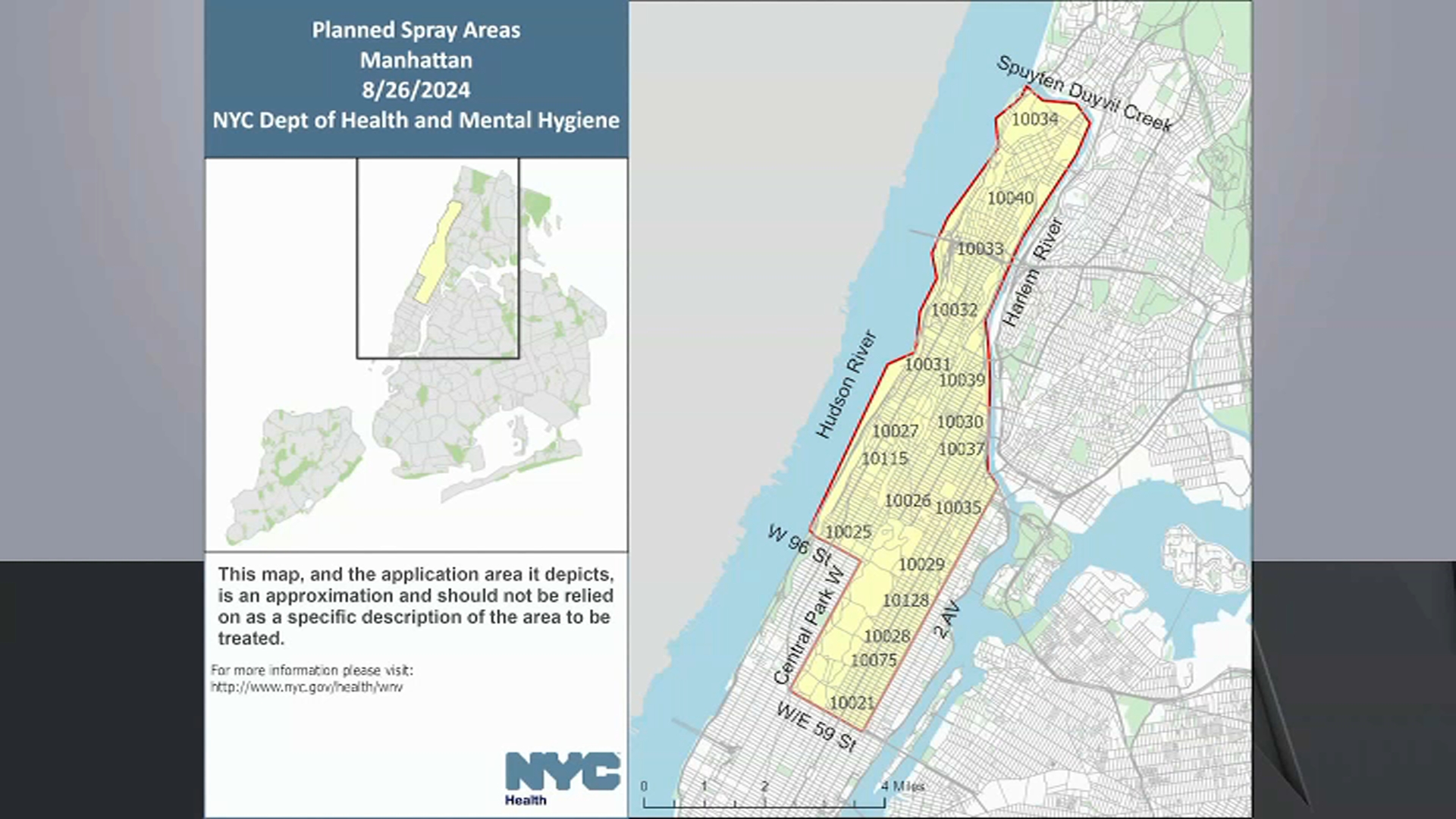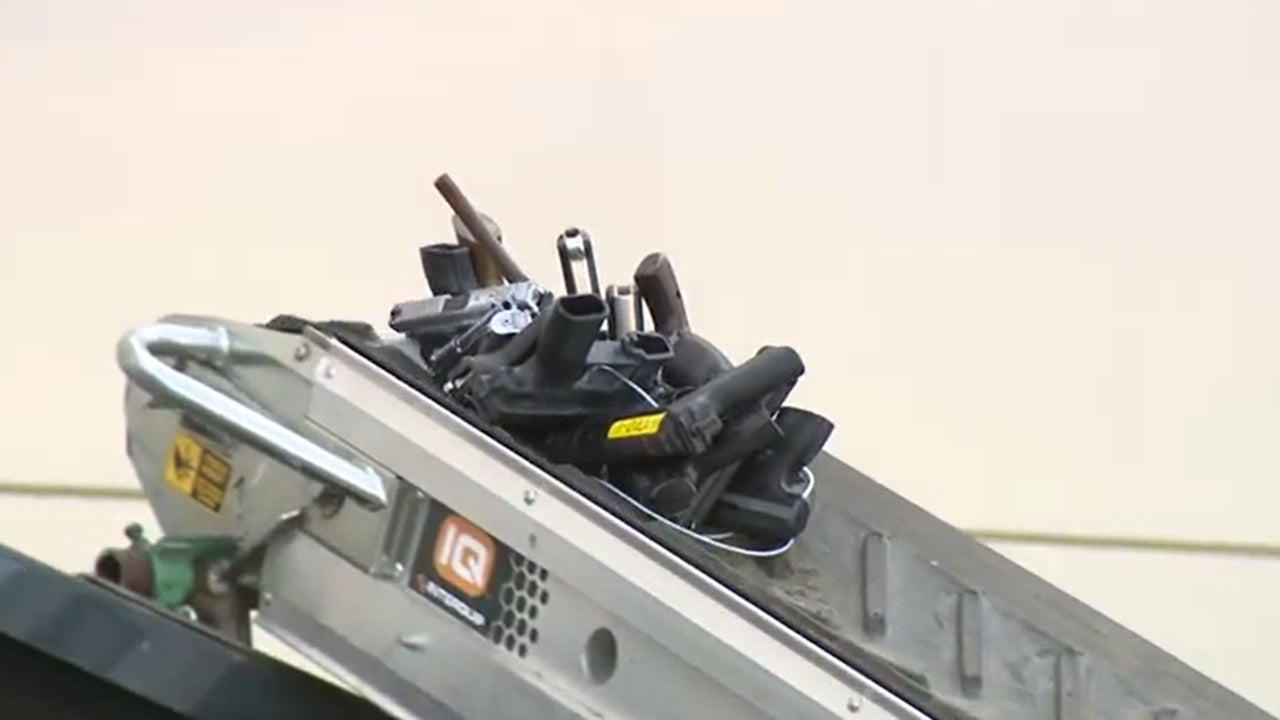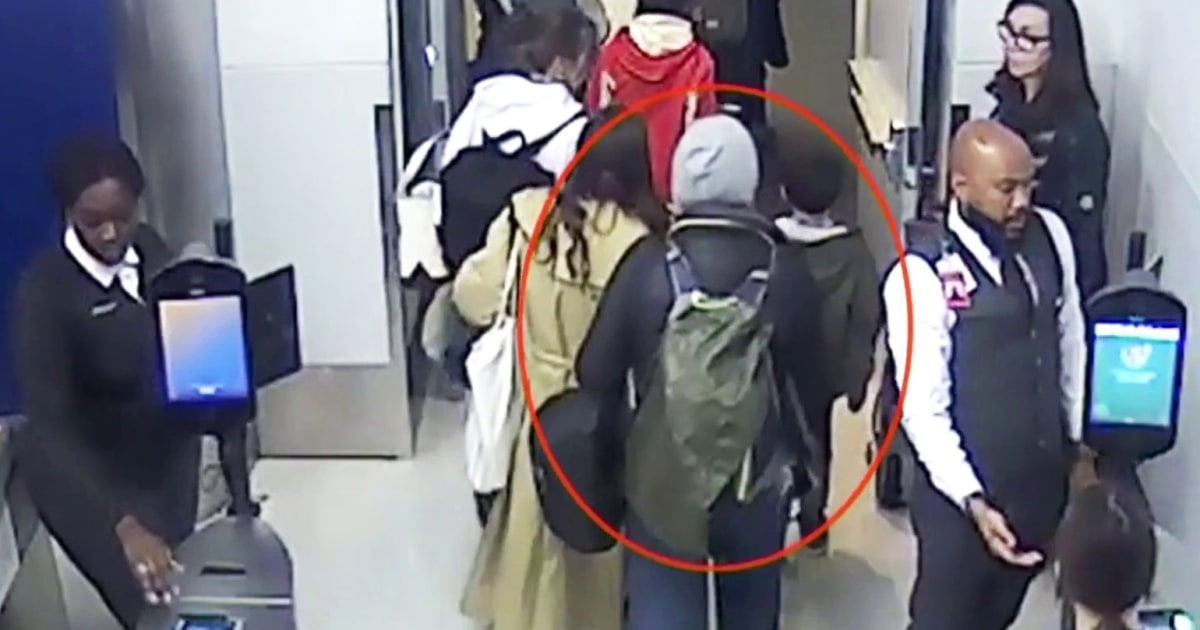NYC Battles West Nile Virus: Mosquito Spraying Begins in Manhattan and Brooklyn
Amidst growing concerns over the spread of West Nile Virus in NYC, the city is taking action. Mosquito spraying will commence this week in several neighborhoods, targeting areas with high mosquito populations.
Central Park and Upper Manhattan will be sprayed on Monday night, August 26th, with trucks rolling out around midnight and continuing until 5 a.m. The spraying will cover areas stretching from 96th Street in Morningside Heights through Inwood on the west side and on the Upper East Side from 59th Street and up in areas west of Second Avenue.
Southwest Brooklyn will be sprayed on Wednesday, August 28th, including Bay Ridge, Coney Island, and Dyker Heights.

The pesticides used are deemed safe for people and pets when applied correctly. The city's Department of Health has increased mosquito trapping and testing across the five boroughs, finding a significant increase in mosquitos carrying West Nile Virus this summer.
Dr. Waheed Bajwa, the executive director of vector surveillance for the DOH, emphasizes the importance of the spraying, stating, "We are focusing on areas where there is a high chance of disease transmission... If we don't spray, transmission to humans may occur."
The decision to target specific areas is based on the presence of standing water, a breeding ground for mosquitos. The uptick in West Nile cases is not isolated to NYC, with New Jersey also experiencing an early and elevated number of cases.
While New York City has seen six West Nile Virus cases this summer, all infected individuals are recovering well and have not required hospitalization. However, the recent hospitalization of former NIAID Director Dr. Anthony Fauci after contracting West Nile Virus highlights the severity of the disease.
What is West Nile Virus?
West Nile Virus is typically spread through mosquito bites. It was first detected in the U.S. in 1999 after two New Yorkers tested positive for the virus, believed to have arrived via an infected mosquito or bird. This year, over 200 West Nile Virus cases have been reported nationwide.
Symptoms of West Nile Virus
Approximately 80% of infected people show no symptoms. 20% experience mild flu-like symptoms, while less than 1% develop severe long-term effects. The most severe complications include meningitis, paralysis, and even death. Symptoms usually appear between 2-14 days after a mosquito bite but can take several weeks to develop in immunocompromised individuals.
Protection Against West Nile Virus
The best way to prevent West Nile Virus is to avoid mosquito bites. Wear loose-fitting clothing that covers arms and legs when outdoors. Use air conditioning and install screens on open doors and windows to keep mosquitos out.
West Nile Virus and NYC: What You Need to Know
The city's proactive response to the increasing West Nile Virus cases is a timely reminder of the importance of protecting ourselves from mosquito bites. Stay informed, take precautions, and enjoy the summer safely.








Comments
Join Our Community
Sign up to share your thoughts, engage with others, and become part of our growing community.
No comments yet
Be the first to share your thoughts and start the conversation!